Beijing/Tokyo, Nov 19 (V7N) – Japan has urged its citizens in China to heighten personal safety measures and avoid crowded areas as diplomatic tensions between the two countries intensify over Japanese Prime Minister Sanae Takaichi’s recent remarks on Taiwan. The statement followed Beijing’s sharp reactions to Takaichi’s warning to Japanese lawmakers that a Chinese attack on Taiwan posing an existential threat to Japan could justify a military response.
A senior Japanese official met with his Chinese counterpart in Beijing on Tuesday to reduce tensions, but the discussions yielded no progress. China’s foreign ministry said Liu Jinsong, head of its Asia Affairs Department, pressed Japan to withdraw the comments. Tokyo made clear it had no intention of doing so, with government spokesperson Minoru Kihara reiterating that Japan’s stance remained unchanged and calling for cross-strait issues to be resolved peacefully.
A video released by China’s state-run Guangming Daily showed Liu expressing dissatisfaction with the meeting, describing the atmosphere as solemn. Chinese state media intensified their criticism of Takaichi, with Xinhua accusing her of “summoning Japan’s militarist demons.” The backlash followed a threatening social media post by a Chinese diplomat in Japan, prompting a strong diplomatic protest from Tokyo.
Japan’s embassy in Beijing issued an advisory urging its nationals to stay alert, avoid traveling alone, and be cautious when interacting with locals. The notice recommended that individuals avoid suspicious people or gatherings and leave immediately if they feel unsafe.
Meanwhile, Beijing has called on Chinese citizens to avoid travel to Japan, sparking concerns over economic fallout. Chinese tourists represent nearly a quarter of all foreign visitors to Japan, and tourism-related stocks plunged following China’s advisory. More than ten Chinese airlines, including Air China, China Eastern and China Southern, are offering refunds on Japan-bound flights through December, while Sichuan Airlines has suspended its Chengdu–Sapporo route until at least March.
Economic repercussions expanded further as distributors halted the release of several Japanese films in China, including “Crayon Shin-chan the Movie: Super Hot! Scorching Kasukabe Dancers” and the live-action adaptation of “Cells at Work!” Chinese state broadcaster CCTV described the suspension as a “prudent decision” reflecting public sentiment.
Japan relies heavily on China for critical minerals essential to industries from electronics to automobiles. Economic Security Minister Kimi Onoda warned that Japan must reassess the risks of depending on a country willing to exert economic pressure in response to political disputes. Trade Minister Ryosei Akazawa said there were no immediate changes in China’s export controls on rare earths.
Business leaders have urged diplomatic dialogue, meeting with Takaichi late Monday to emphasize that political stability is a prerequisite for economic cooperation.
Tensions also rose at sea. On Sunday, Chinese coast guard vessels entered waters around Japanese-controlled islands in the East China Sea, known as the Senkaku in Japan and the Diaoyu in China. Japan’s coast guard said it repelled the vessels. The United States reaffirmed its commitment to defend Japan under the bilateral security treaty, prompting China to dismiss the remarks as politically motivated.
The upcoming G20 summit in South Africa offered a potential venue for de-escalation, but China announced that its premier would not meet Takaichi on the sidelines. Japan said it remained open to dialogue, though no bilateral meetings were confirmed.
Analysts warn that Tokyo’s refusal to retract its statements has left the two nations at a dangerous impasse. According to Allen Carlson, a China foreign policy expert at Cornell University, “the two countries now stand on a knife’s edge.”
END/WD/SMA/



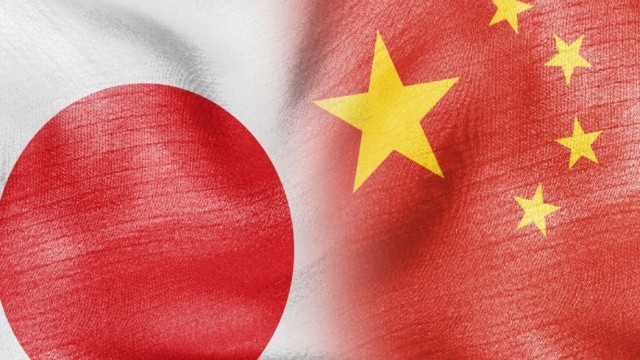



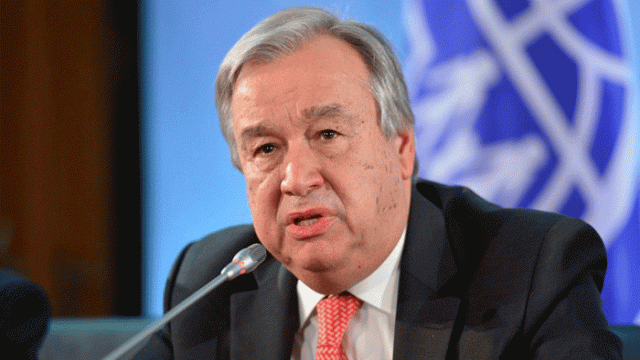
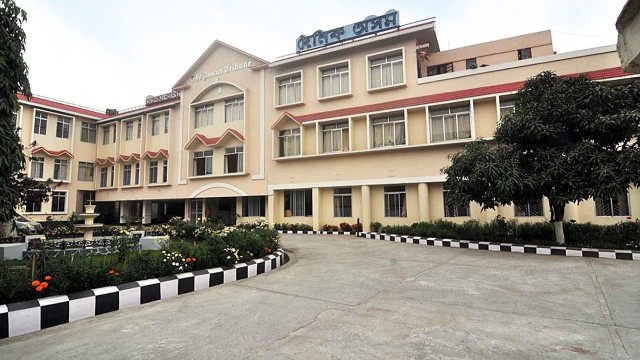
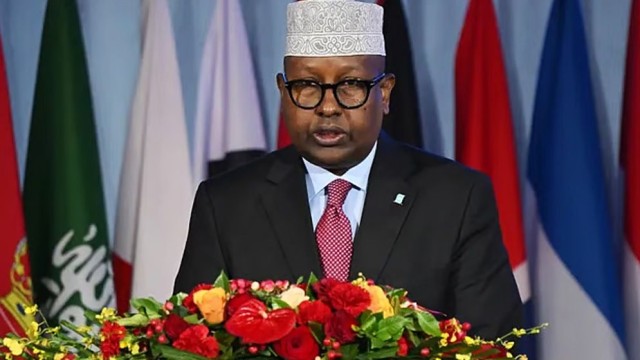
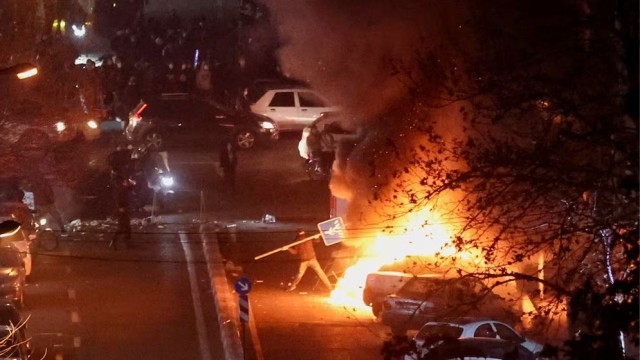



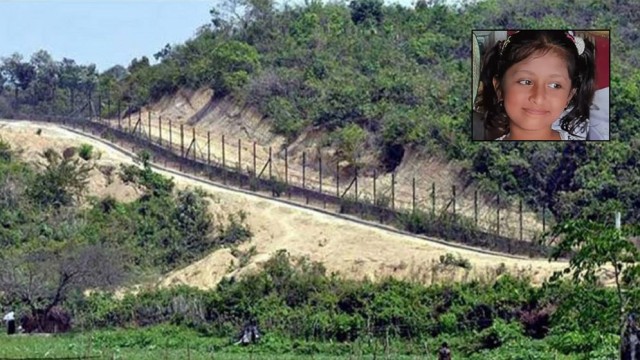


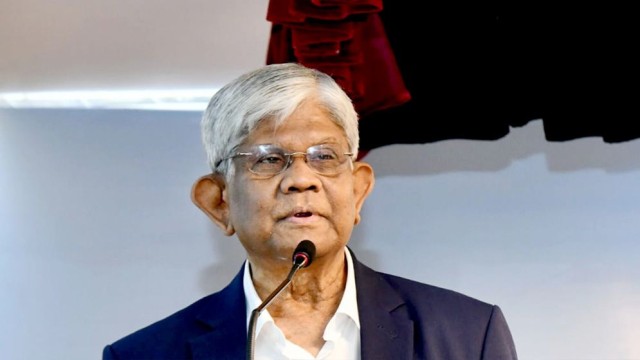
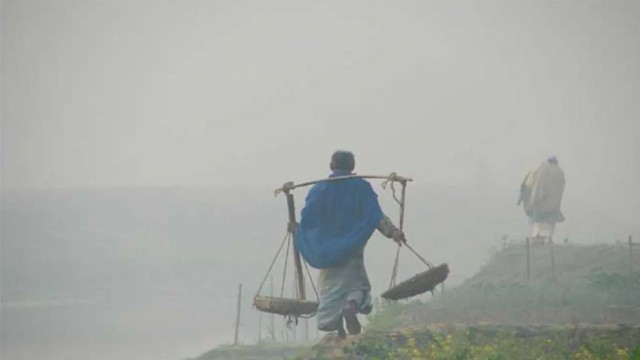

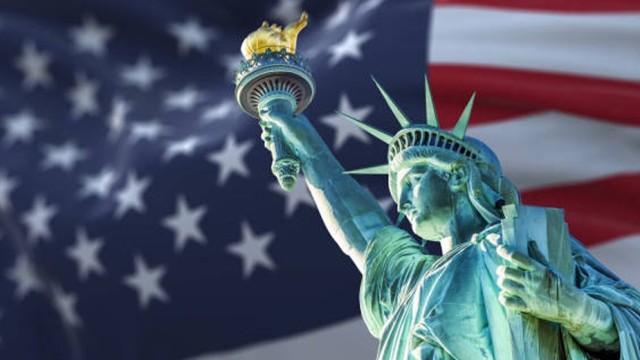
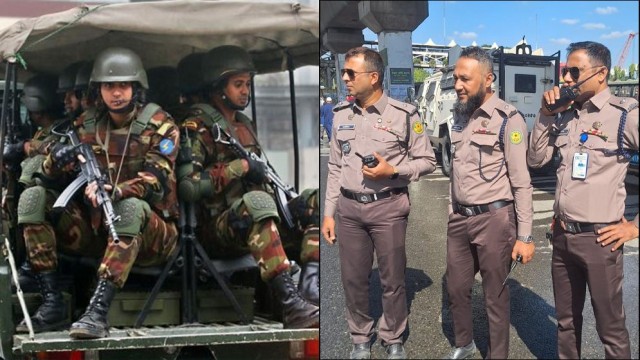
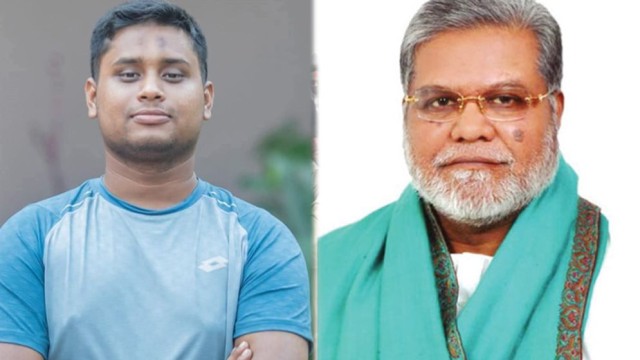



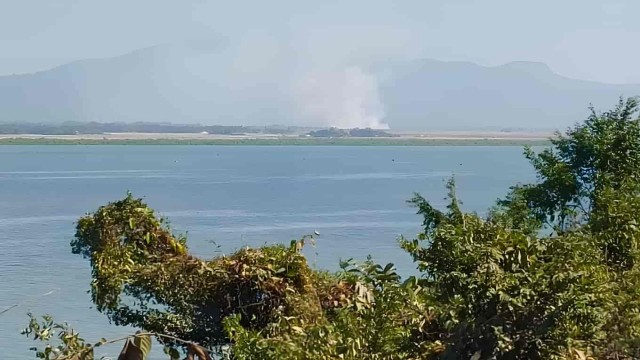



Comment: